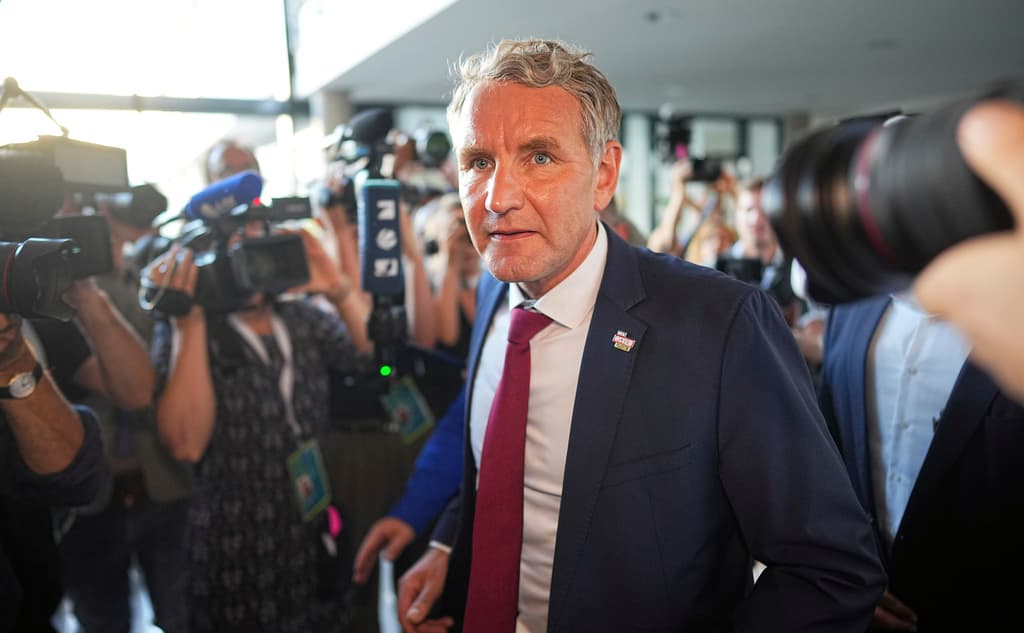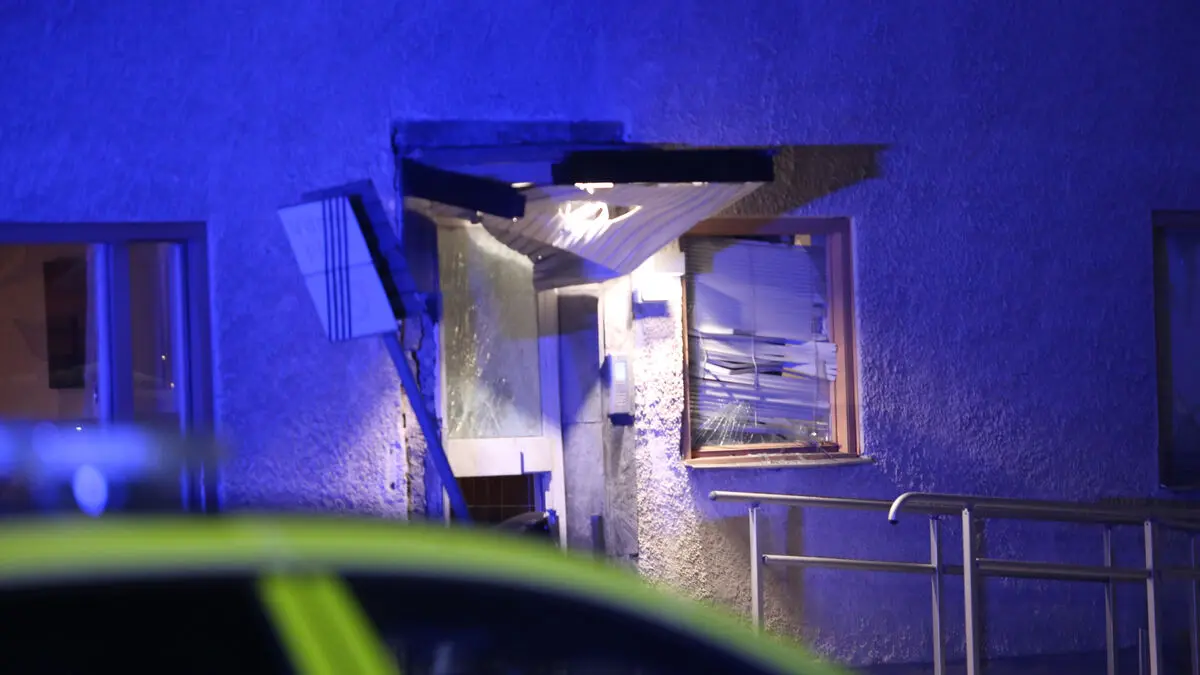If the prognosis is correct, it will be the first time since World War II that an extreme right-wing party becomes the largest in a German state election.
AFD is classified by the intelligence service as right-wing extremist (in Thüringen, among other places) and Björn Höcke, the party leader in the state, has himself been fined twice for chanting Nazi slogans during election meetings.
The Social Democrats SPD, to which Germany's Federal Chancellor Olaf Scholz belongs, will only get around 6 percent, significantly less than the approximately 33 and 24 percent that AFD and CDU are expected to get.
CDU rules out cooperation
Party leader Tino Chrupalla says that AFD has a "clear mandate for government" in the state, reports AFP.
Alice Weidel says that AFD is willing to talk to all parties – but the Christian Democratic CDU, which appears to be Thuringia's second-largest party, rules out a potential coalition with the right-wing extremists.
In the state of Saxony, which also went to the polls on Sunday, it looks very even between AFD and CDU. The conservative CDU appears to be leading narrowly, with around 32 percent compared to AFD's 31 percent, according to Welt.
Will likely be significant nationally
Marie Demker, professor of political science at the University of Gothenburg, believes that AFD has managed to establish itself as the main opposition party in certain parts of eastern Germany.
They have captured a dissatisfaction with the government, combined with a feeling that things were better before. When this is mixed with the question of support for Ukraine, which is special in Germany, it becomes a very strong effect, she says.
According to Marie Demker, the strong state election results mean that the party is likely to be a force to be reckoned with in the country's national, federal, elections next year. This could lead to complicated government negotiations.
The governing parties SPD, the liberal FDP, and the Green party have all had a bad election and can be counted as small parties in both states.
Instead, the newly formed upstart party BSW, which is far to the left, has managed to get 15 percent in Thüringen and 12 percent in Saxony.






